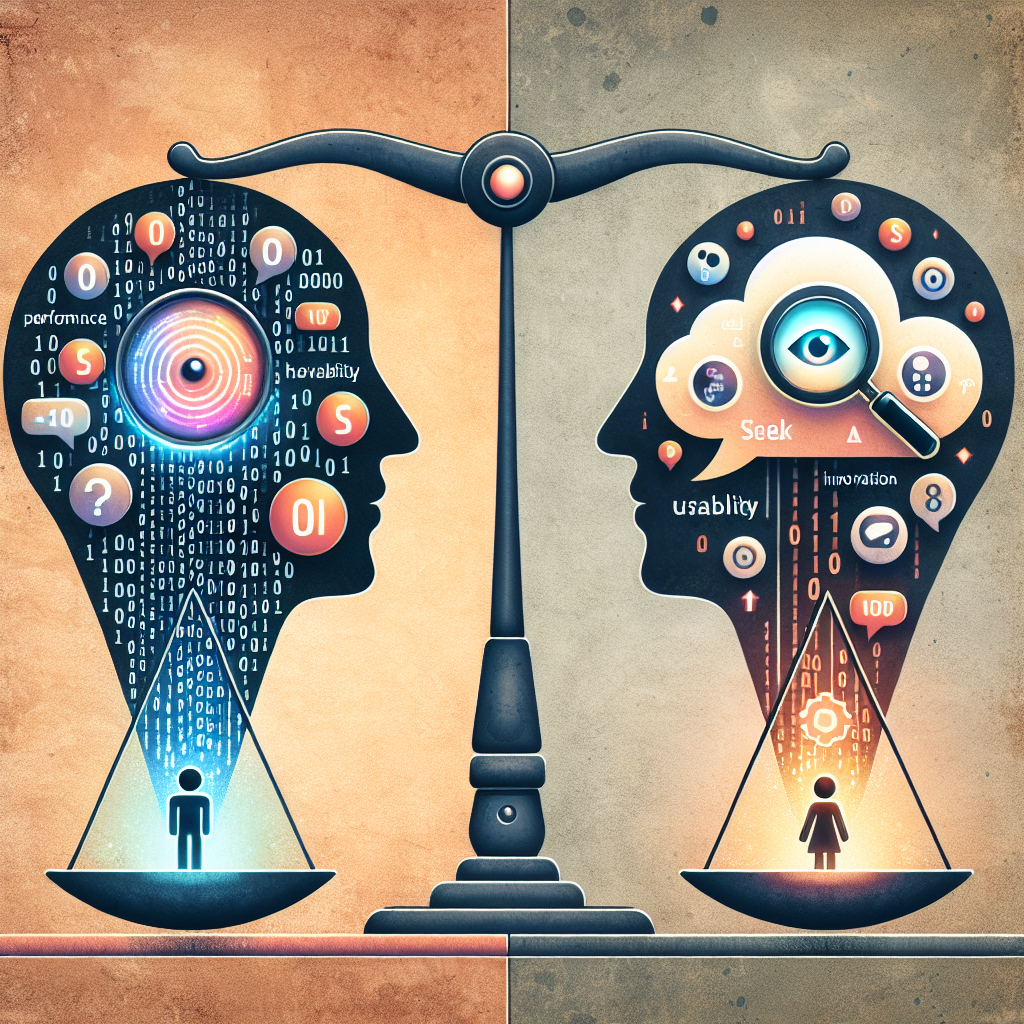In the rapidly evolving landscape of AI-driven conversational agents, two names have emerged prominently: DeepSeek and ChatGPT. As organizations and individuals increasingly rely on these technologies to enhance customer service, streamline workflows, and improve user engagement, it becomes crucial to examine how they compare across key metrics such as performance, usability, and innovation. This article provides a comprehensive evaluation of DeepSeek and ChatGPT, helping readers understand their respective strengths and weaknesses.
Performance
Conversational Depth
ChatGPT, developed by OpenAI, utilizes a transformer-based architecture that excels in generating human-like text responses. Originally based on the GPT (Generative Pre-trained Transformer) model, it has undergone substantial upgrades to improve its conversational depth and contextual understanding. The model is capable of maintaining coherent and relevant discussions over extended conversations while adapting its tone and style to suit various contexts.
DeepSeek, on the other hand, positions itself as a specialized conversational agent trained in specific domains, such as customer support, healthcare, and technical troubleshooting. This focus enables DeepSeek to provide accurate information and solve queries with a high degree of relevance. However, its performance may falter when engaging in free-form or less structured conversations, limiting its flexibility compared to ChatGPT.
Speed and Accuracy
Both models prioritize speed and accuracy, responding to user inputs almost instantaneously. However, ChatGPT has been praised for its ability to generate contextually aware responses with a higher degree of nuance. DeepSeek may slightly edge out ChatGPT in environments where straightforward, fact-based responses are essential, as its training data is often highly specialized.
Usability
Interface and Accessibility
ChatGPT is known for its user-friendly interfaces, which are accessible via various platforms, including web applications and integrations with social media. The adaptability of ChatGPT makes it a versatile option for developers looking to integrate conversational AI into their systems easily. The model also supports large user bases, leading to its widespread adoption among companies and independent developers.
DeepSeek also offers a straightforward interface, particularly in its targeted applications. It tends to prioritize specific industries, allowing organizations in those sectors to get tailored benefits quickly. However, its limited user experience may pose challenges for non-technical users who find full-fledged frameworks less adaptive or intuitive.
Customization Options
One of the highlights of both platforms is the ability to customize their responses and behavior. While ChatGPT offers some level of prompt engineering, allowing users to guide how it responds, DeepSeek often features more comprehensive customization for industry-specific needs. Users can train DeepSeek on proprietary datasets, making it a practical choice for businesses requiring personalized interaction styles or domain-specific knowledge.
Innovation
AI Advancements
OpenAI has been at the forefront of AI research, and ChatGPT reflects this commitment to innovation. Its architecture and training methodologies continue to evolve, incorporating feedback loops for user interactions, enhancing safety features, and expanding its knowledge base. Each iteration brings improvements in diverse areas, such as ethical AI concerns and bias mitigation.
DeepSeek, while innovative in its own right, concentrates mainly on refining its domain-specific capabilities. It regularly updates its models to adapt to new industry trends and user needs. However, it does not yet exhibit the breadth of research initiatives and advancements seen in the broader AI landscape as exemplified by ChatGPT.
Community and Support
ChatGPT boasts a large user community supported by extensive documentation, tutorials, and forums where users can share insights and troubleshoot issues collaboratively. This ecosystem fosters rapid innovation and user engagement. In contrast, while DeepSeek has a loyal user base in specific sectors, its community is not as expansive, potentially limiting collaborative growth and support options for users.
Conclusion
DeepSeek and ChatGPT each bring unique strengths to the table, making them valuable tools in the burgeoning field of conversational AI.
-
For organizations seeking a versatile, highly interactive, and multi-purpose conversational agent, ChatGPT is likely the better option due to its superior conversational depth, continuous innovation, and robust community support.
- Conversely, organizations focused on specific applications that demand highly specialized knowledge may find DeepSeek to be a more effective solution, particularly in domains where tailored responses are critical.
Ultimately, the choice between DeepSeek and ChatGPT will depend on individual or organizational needs, goals, and the desired balance between general applicability and domain specificity. As technology continues to evolve, both platforms will likely adapt and grow, further blurring the lines between traditional conversational capabilities and sophisticated, intelligent interaction systems.

